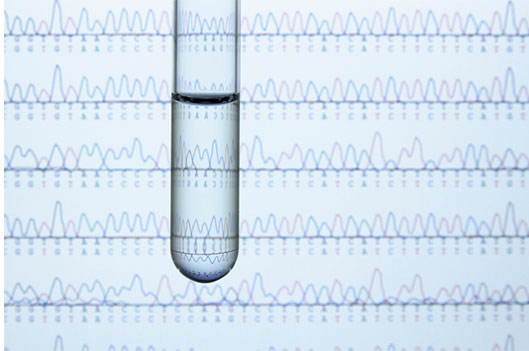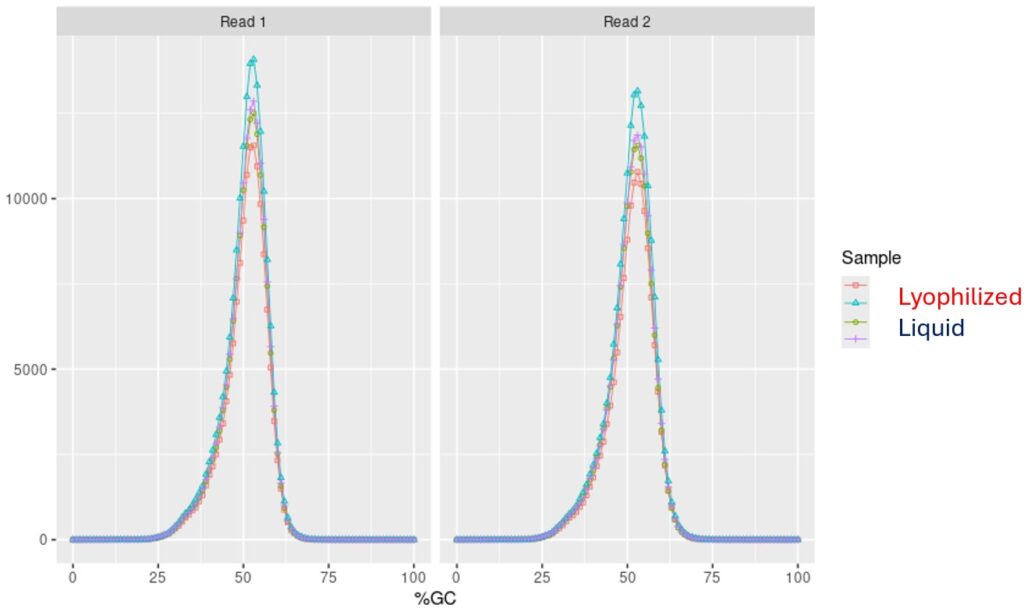The article outlines four pivotal strategies for enhancing sustainability in diagnostic testing. It emphasizes the importance of reducing waste and environmental impact through innovative approaches such as optimizing test designs and utilizing eco-friendly materials. Additionally, it discusses the benefits of lyophilized reagents, which can decrease the carbon footprint associated with cold chain logistics. The piece is insightful, offering practical solutions for making diagnostic practices more sustainable while maintaining efficiency and effectiveness.

